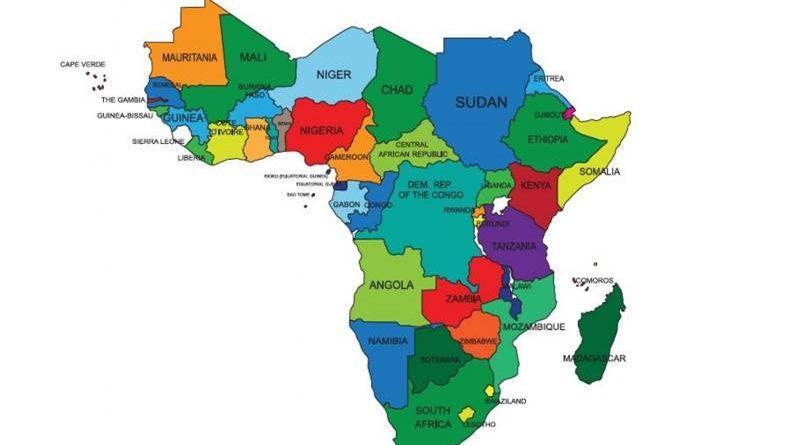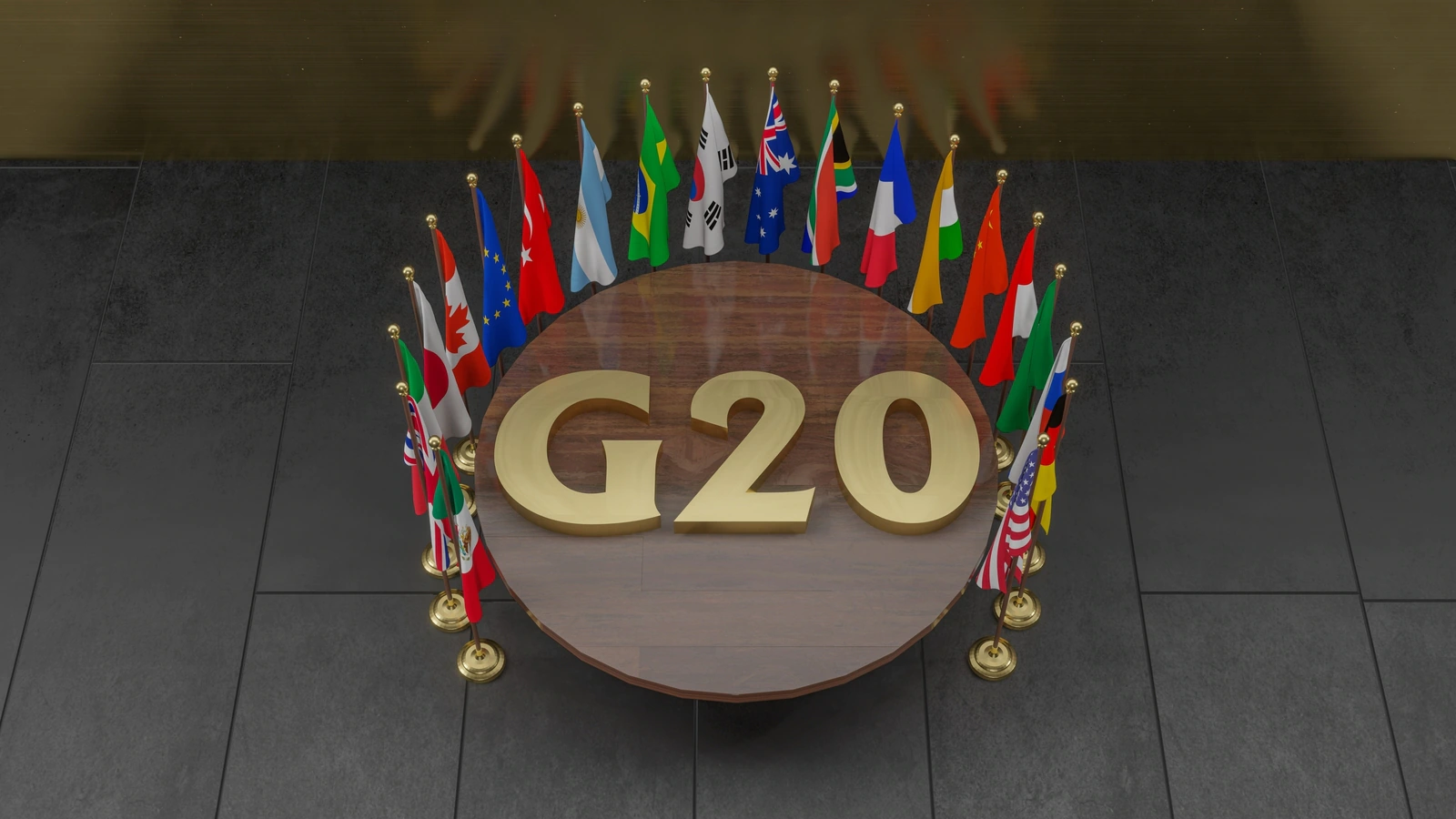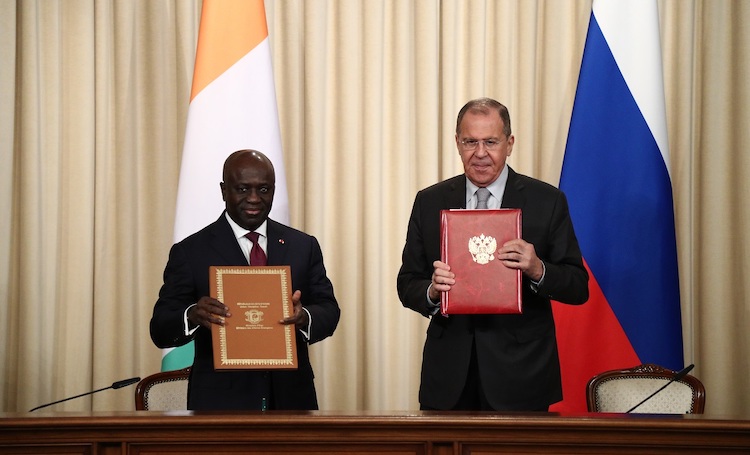China’s slowdown that results in shrinking Chinese demand and its shift to green and high-tech sectors are bound to harm Africa’s economic prospects, according to a number of experts who have warned against an excessive dependence of African countries on the world’s second-largest economy.
Economic relations between China and Africa expanded rapidly over the past two decades and China emerged as Africa’s largest trading partner replacing the continent’s traditional economic partners — Europe and the United States. But things have changed remarkably, as a recent analysis by Observer Research Foundation (ORF) notes, with China’s economy slowing down and its appetite for African commodities also decreasing. “Given Africa’s economic dependence on China, its slowdown and reduced demand for commodities as it rebalances its economy towards green and high-tech sectors do not bode well for Africa’s economic prospects, particularly its commodity exporters,” the analysis says, adding that “the era of easy Chinese money is also over for Africa.”
Kenya is one of the sub-Saharan African countries likely to be negatively affected by China’s economic slowdown, experts have warned, adding that at risk is financing of various critical projects as well as production and consumption of certain goods. According to the Business Reporter, Kenya’s position is particularly precarious because the East African country is one of the five biggest debtors to China in the region. After China financed and built the Standard Gauge Railway (SGR) in Kenya at a cost of US$5.1 billion, Kenyan authorities have recently warned that the country’s loan payments to the Export-Import Bank of China “is a key driver of debt servicing expenditures” accounting for about 25% of total external loan repayments, whereby the “reliance on China for such a significant portion of its bilateral external debt” could have “an adverse effect on Kenya’s ability to increase bilateral borrowings from the country in the future.”



